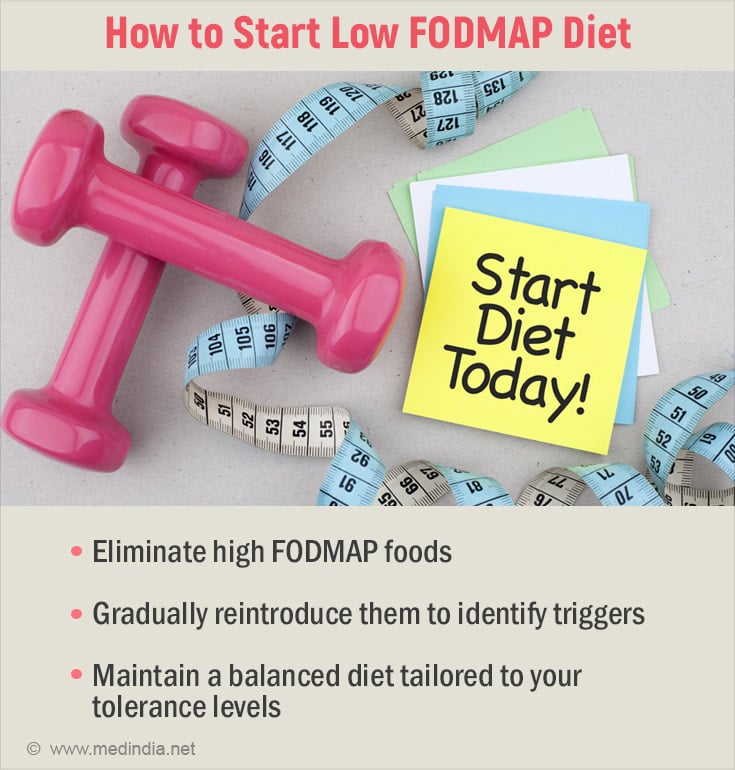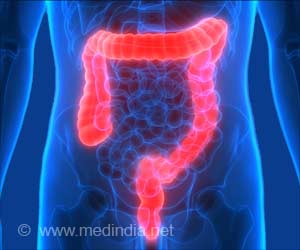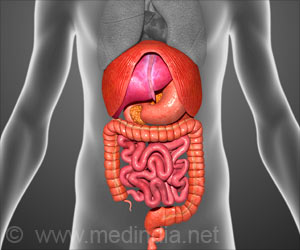- Low FODMAP Diet - (https://my.clevelandclinic.org/health/treatments/22466-low-fodmap-diet)
- FODMAP Diet: What You Need to Know - (https://www.hopkinsmedicine.org/health/wellness-and-prevention/fodmap-diet-what-you-need-to-know)
- FODMAP Food List - (https://www.ibsdiets.org/fodmap-diet/fodmap-food-list/)
About
The FODMAP diet, commonly known as a low FODMAP diet, targets certain sugars that can cause intestinal distress. This diet is particularly beneficial for individuals with irritable bowel syndrome (IBS) and small intestinal bacterial overgrowth (SIBO), helping them identify problematic foods and alleviate symptoms.
What is FODMAP?
FODMAP stands for fermentable oligo-, di-, monosaccharides, and polyols(1✔ ✔Trusted Source
Low FODMAP Diet
Go to source).
These short-chain carbohydrates are not easily digested. Instead of being absorbed into your bloodstream, they travel to the far end of your intestine, where most of your gut bacteria are located. Your gut bacteria then ferment these carbs, producing hydrogen gas and causing digestive issues in those who are sensitive. FODMAPs also attract water into the intestine, potentially leading to diarrhea.
While not everyone is sensitive to FODMAPs, it is a common issue for individuals with irritable bowel syndrome (IBS).
Did You Know?
The low FODMAP diet can reduce IBS symptoms in up to 86% of people. #digestivehealth #medindiaCommon FODMAPs include:
- Fructose: A simple sugar found in many fruits and vegetables, also a component of table sugar and many added sugars.
- Lactose: A carbohydrate present in dairy products such as milk.
- Fructans: Found in many foods, including grains like wheat, spelt, rye, and barley.
- Galactans: Abundant in legumes.
- Polyols: Sugar alcohols such as xylitol, sorbitol, maltitol, and mannitol, found in some fruits and vegetables and often used as sweeteners(1✔ ✔Trusted Source
Low FODMAP Diet
Go to source).
Symptoms of FODMAP sensitivity include:
- Cramps
- Diarrhea
- Constipation
- Stomach bloating
- Gas and flatulence
How Does the Low FODMAP Diet Work?
The low FODMAP diet follows a three-step elimination process:
- Elimination Phase: Remove high FODMAP foods from your diet for 2-6 weeks.
- Reintroduction Phase: Gradually reintroduce high FODMAP foods one at a time every three days to identify which ones cause symptoms.
- Personalization Phase: Avoid or limit the problematic foods while enjoying those that do not cause symptoms.

Foods to Avoid on a Low FODMAP Diet
High FODMAP foods that commonly trigger symptoms include:
- Dairy: Milk, yogurt, ice cream
- Wheat-based Products: Bread, cereal, crackers
- Legumes: Beans, lentils
- Certain Vegetables: Onions, garlic, artichokes, asparagus
- Certain Fruits: Apples, pears, cherries, peaches
Foods to Eat on a Low FODMAP Diet
Low FODMAP foods that are generally safe include:
- Proteins: Eggs, meat
- Dairy Alternatives: Almond milk
- Grains: Rice, quinoa, oats
- Vegetables: Eggplant, potatoes, tomatoes, cucumbers, zucchini
- Fruits: Grapes, oranges, strawberries, blueberries, pineapple(3✔ ✔Trusted Source
FODMAP Food List
Go to source)
Who Should Try the Low FODMAP Diet?
The low FODMAP diet is particularly effective for those with IBS and SIBO, reducing symptoms in up to 86% of individuals. However, due to its restrictive nature, it's important to work with a doctor or dietitian to ensure nutritional adequacy and correct implementation(2✔ ✔Trusted Source
FODMAP Diet: What You Need to Know
Go to source).
Benefits of a Low FODMAP Diet
Research indicates significant benefits for people with IBS and other functional gastrointestinal disorders, including:
- Reduced gas and bloating
- Less diarrhea and constipation
- Decreased stomach pain
- Improved quality of life
The low FODMAP diet can significantly improve digestive health for those with FODMAP sensitivities. Although not a permanent solution, it helps identify and manage trigger foods, leading to a better quality of life.
“Good digestion begins with knowing what works for your body.”
Disclaimer:
The information provided in this article is for educational purposes only and is not intended as a substitute for professional medical advice, diagnosis, or treatment. The low FODMAP diet is highly restrictive and should not be followed without the guidance of a qualified healthcare professional, such as a doctor or registered dietitian.
Individuals who are underweight, have nutritional deficiencies or have other health conditions should not attempt this diet on their own, as it can lead to further health complications. Always consult with your healthcare provider before making any significant changes to your diet or if you have any concerns about your digestive health.










